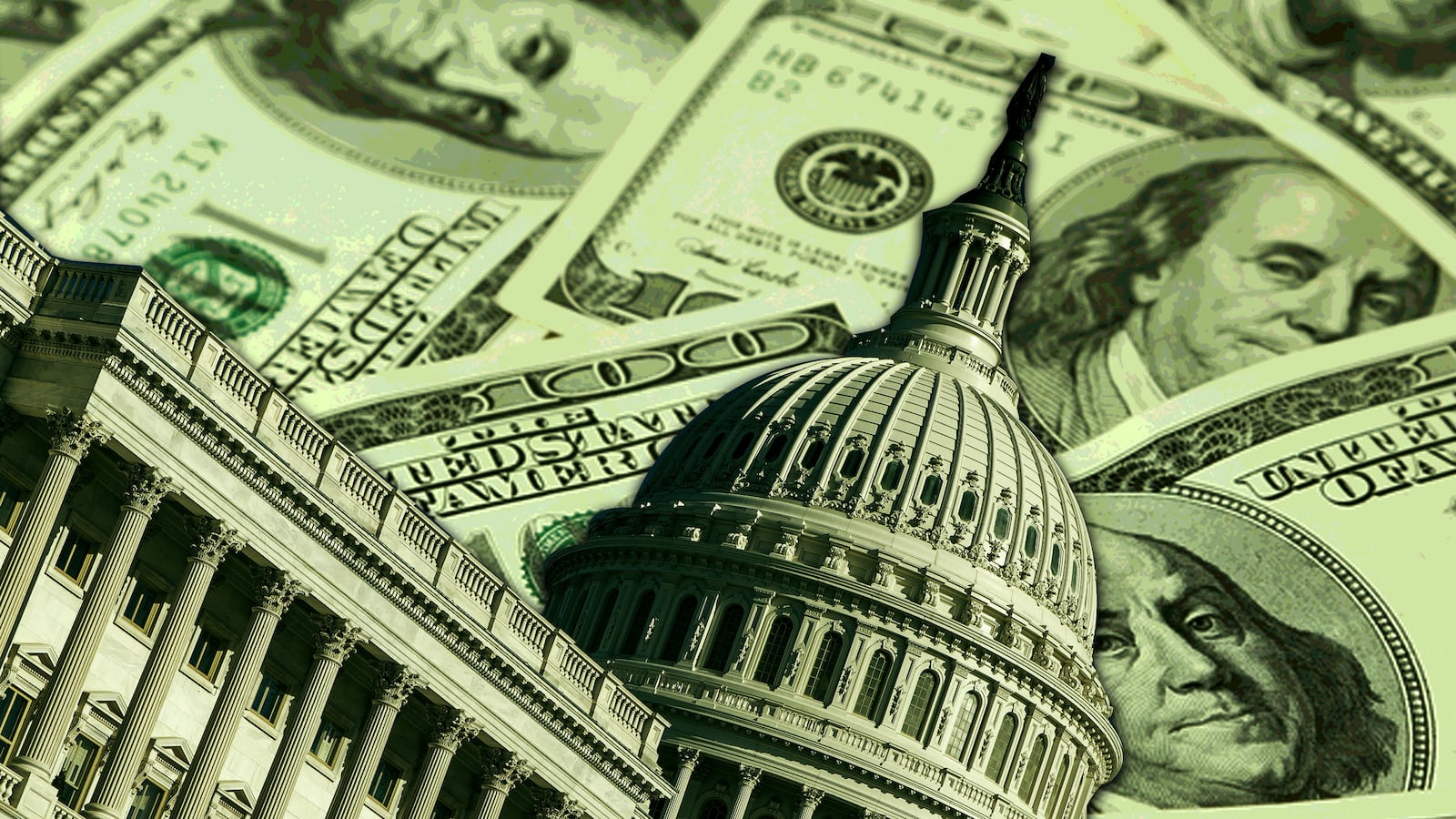About five years ago, two agents with the Treasury Department showed up at Randy Sowers’ dairy farm in rural Maryland. Sowers wasn’t expecting company, but chatted with the agents about their area of interest: frequent and sizable cash deposits he put in his bank accounts.
Then they broke some news to him: His bank account was empty. They had seized the $65,000 he had there because they suspected he had committed a crime.
It took Sowers years to get the money back.
And now, a bipartisan group of members of Congress are trying to keep the feds from putting others through the same experience, introducing legislation that would put some limits on civil asset forfeiture—the process by which federal agents seized Sowers’ money.
This should be an extremely bad political climate for any criminal justice reform. President Donald Trump ran an explicitly “law and order” campaign, and made his attorney general one of the Senate’s most consistent opponents of mandatory minimum sentencing reform. He cheered the “lock her up” chants at his rallies, and has spent a significant amount of his Twitter time repudiating the knock-out game.
But members are still optimistic, buoyed in part by Jared Kushner’s recent overtures to Capitol Hill on the broader criminal justice reform issue. Reps. Peter Roskam, an Illinois Republican, and Joe Crowley, a New York Democrat, introduced the RESPECT Act on March 30, which would limit the IRS’s ability to seize people’s money without first charging them with a crime.
The IRS can currently seize people’s money if they think they may be guilty of structuring—the crime of deliberately moving a large amount of cash into a bank account in small units to dodge regulatory oversight. Structuring prosecutions usually go hand-in-hand with prosecutions related to drug crimes or money laundering. And when law enforcement agents see one person putting a significant number of cash deposits into his or her bank account over a small period of time, it often raises red flags.
When that happens, the IRS sometimes seizes people’s money as evidence a crime has been committed (but before pressing charges). And that’s where the trouble starts: Plenty of people—including farmers, like Sowers—need to move cash into their bank accounts frequently for reasons that are completely above-board. And there are numerous instances of the IRS seizing those people’s money, not charging those people with any crimes, and not returning it.
Last Congress, the House voted unanimously to pass legislation from Roskam and Crowley. And Sens. Tim Scott and Sherrod Brown introduced companion legislation in the Senate, but it was late in the legislative year and didn’t get a vote in the Senate. This time around, the bill’s House sponsors say they think things will be different.
“There was this overwhelming support in the House, we had good bipartisan support in the Senate, and it just ran out of time in the Senate,” said Roskam. “So my expectation is that we’re able to reload and pick up right where we left off.”
Sowers has testified on Capitol Hill about the issue, and said he hopes the bill finally passes.
“I think it would help because they can’t just take your money like they took mine,” he said. “Why should they be able to take your money if you aren’t guilty of anything? They had no intention to give it back.”






